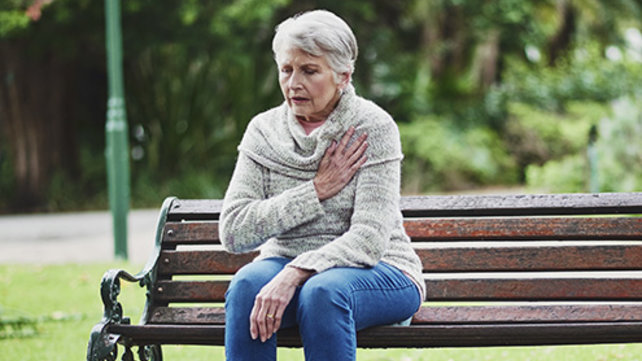Signs vs. Symptoms
What’s the difference between “signs” and “symptoms?"
• Signs are objective indications of illness that the patient or others can observe, such as shortness of breath or vomiting.
• Symptoms — nausea or a feeling of pressure in the chest, for example — can only be reported by the person experiencing them.

